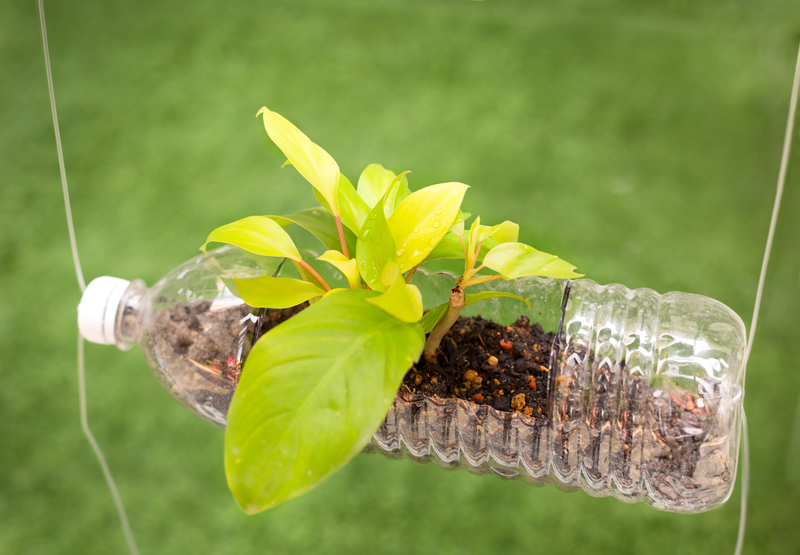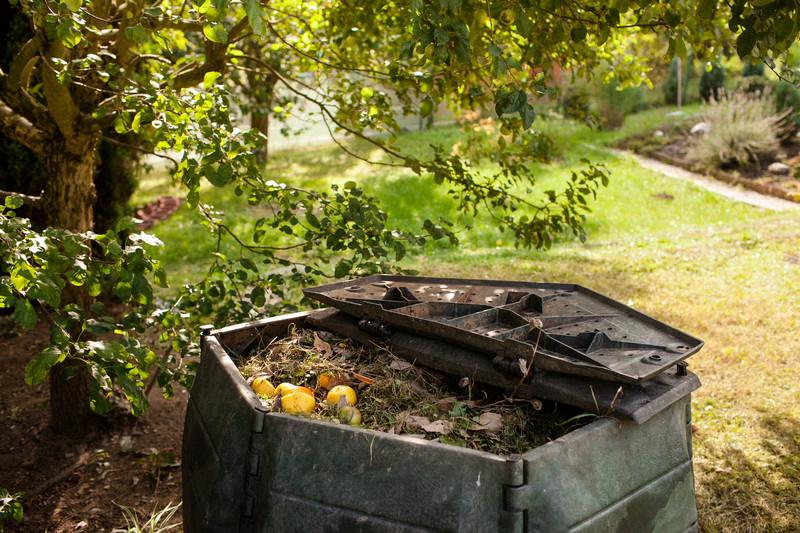5 Reasons for Being Waste Careful
Posted on 19/12/2024
In today's world, being mindful about the waste we generate is more essential than ever. Environmental concerns are rising, and our individual contributions towards reducing waste can collectively make a significant impact. Here are five compelling reasons to be waste careful, along with some pros and cons, practical tips, important takeaways, and a conclusive summary.
1. Environmental Protection
One of the most crucial reasons to be waste careful is to protect the environment. The excessive waste we generate often ends up in landfills or oceans, causing significant harm to wildlife and ecosystems. By minimizing waste, we reduce pollution and conserve natural resources. For instance, less plastic waste means fewer microplastics in our waterways, which protects marine life.

2. Conservation of Resources
Being waste careful helps in the conservation of resources. Many products are made from limited natural resources, and excessive waste results in the depletion of these resources at an unsustainable rate. Recycling materials like paper, glass, and metal means that fewer raw materials are required for new products, thereby conserving valuable natural resources.
3. Financial Savings
Reducing waste can lead to significant financial savings. By reusing and recycling items, households and businesses can cut down on the costs associated with purchasing new materials and disposing of waste. Implementing effective waste management practices can also decrease the expenses linked to waste removal services.
4. Improved Public Health
Excessive waste can lead to health issues. Piles of waste attract pests and can become breeding grounds for bacteria, posing health risks to communities. Proper waste disposal and reducing waste generation contribute to cleaner surroundings, which are vital for public health.
5. Positive Community Impact
Being mindful of waste can foster a sense of community and responsibility. When individuals collectively work towards waste reduction, it creates a ripple effect, encouraging others to adopt similar practices. Community initiatives, such as clean-up drives and recycling programs, can lead to a more sustainable and cohesive society.
Pros and Cons
Pros:
- Reduces environmental pollution
- Conserves natural resources
- Generates financial savings
- Enhances public health
- Encourages community engagement
Cons:
- Requires effort and commitment
- Initial costs for adopting recycling programs
- Possible inconvenience in changing habits
Tips for Being Waste Careful
- Adopt the 3Rs: Reduce, Reuse, Recycle.
- Compost organic waste to enrich soil and reduce landfill use.
- Purchase products with minimal packaging.
- Use reusable items such as bags, bottles, and containers.
- Educate yourself and others about sustainable practices.

Takeaways
- Being waste careful is essential for environmental protection and resource conservation.
- Adopting waste reduction practices can lead to financial savings and improved public health.
- Collective efforts greatly amplify the positive impacts on communities.
Conclusion
In conclusion, being waste careful is not just an individual responsibility but a collective necessity. The benefits of reducing, reusing, and recycling waste extend beyond our immediate environment, positively impacting our health, finances, and community well-being. While it may demand some effort and lifestyle adjustments, the long-term rewards are invaluable. Let's commit to being more conscientious about our waste and work towards a sustainable future.
Latest Posts
Eco-Friendly Home Organization
Dispose with Care: Responsible Strategies for Removing Waste
Sustainable Solutions for Commercial Waste
Sustainable Solutions: A Closer Look at London's Waste Reduction Efforts

 020 3744 5712
020 3744 5712










